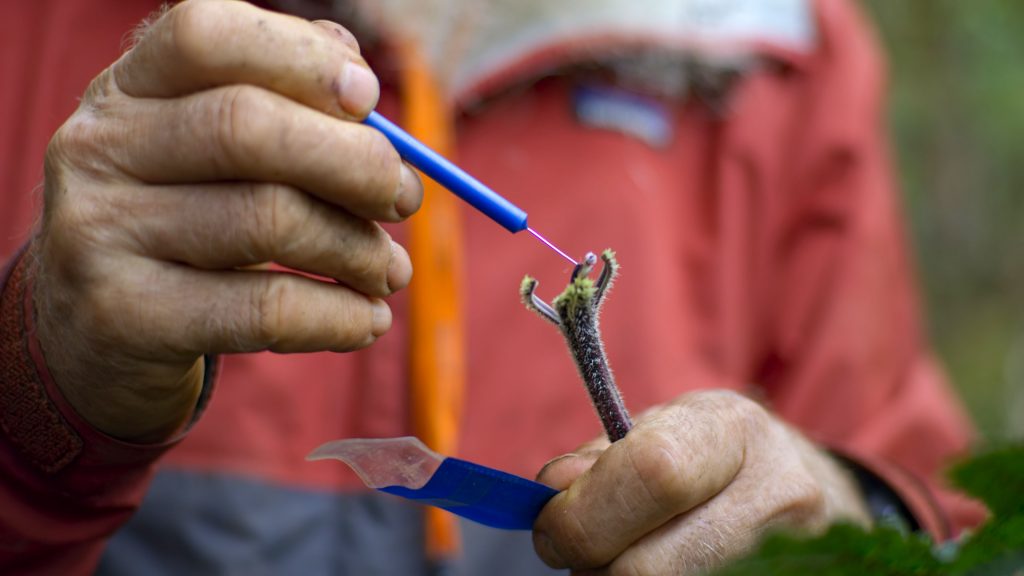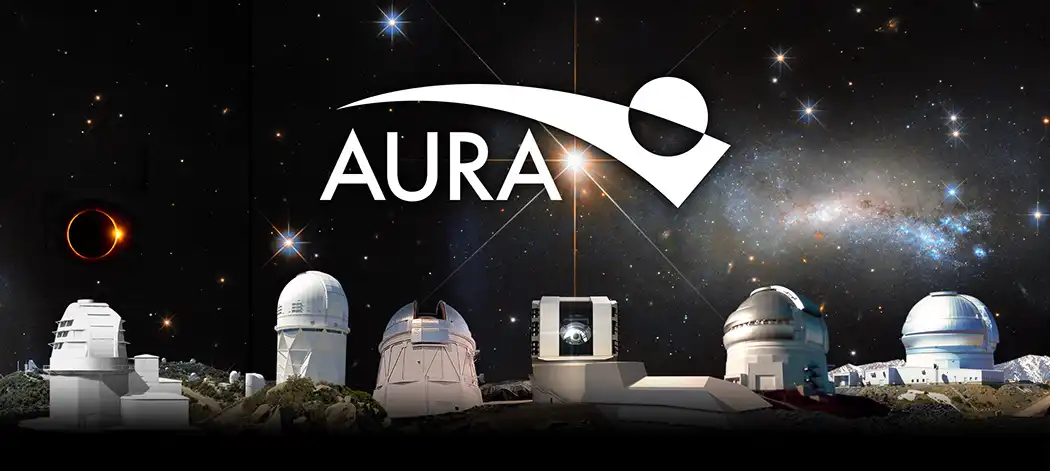Sir David Attenborough narrates BBC’s Green Planet segment filmed in East Maui
In the summer of 2021, a BBC film crew journeyed into East Maui and The Nature Conservancy’s Waikamoi Preserve to film segments for a new series called the Green Planet.
The series, narrated by Sir David Attenborough, explores the hidden worlds of plants.
The final episode features Maui conservation efforts and focuses on human’s complex relationships with plants. It looks at people’s reliance on plants for the food we eat and the air we breathe. The segment also shows how humans across the globe are finding new ways to help plants create a greener planet.
The Maui Invasive Species Committee (MISC) worked with the BBC to showcase efforts in combating invasive miconia in East Maui. Miconia, an ornamental plant from Central and South America, was introduced to Hawaiʻi in the 1970s. Its large purple and green leaves shade out other plants, while its shallow root systems and giant water drops increase erosion.
In Tahiti, this purple plague inhabits more than two-thirds of the island’s forests, contributing to the loss of native biodiversity. The Maui Invasive Species Committee is working hard to ensure the same doesn’t happen here.
The Green Planet helps to tell this story to an international audience in its final episode called “Human Worlds.”
“We need several tools to control miconia on Maui,” MISC Public Relations and Education Specialist Serena Fukushima said. “Our staff controls miconia from the ground while also utilizing longline spraying and HBT in inaccessible areas.”
HBT, or herbicide ballistic technology, is a technique developed by Dr. James Leary of the University of Hawaiʻi that uses herbicide-filled paintballs and is featured in the episode.
“Using helicopters, the trained team hovers next to a miconia plant on a cliff or hillside,” Fukushima said. “They shoot the plant with the paintball, breaking the stem and allowing a small amount of herbicide to absorb into the tree, eventually killing it. This method reduces the amount of herbicide in the environment while removing the quick-spreading invasive plant.”
The BBC film crew spent a week on the ground with the MISC Hana Miconia Crew and in the air with HBT specialists to capture the multi-tiered efforts crews are taking to combat this invasive species.
In The Nature Conservancy’s Waikamoi Preserve, the film crew follows Maui Nui Coordinator for the Plant Extinction Prevention Program, Hank Oppenheimer, who works to protect and perpetuate critically endangered native plant species.
A virtual episode screening will take place July 26, from 2 to 3:30 p.m., allowing Hawaiʻi residents to watch it before the Aug. 3 release on PBS Hawaiʻi and the PBS network. The screening is followed by a live question and answer panel featuring East Maui District Councilmember Shane Sinenci, MISC Operations Manager Adam Knox, Hana Miconia Crew Leader Aja Akuna, and Maui Nui Coordinator for the Plant Extinction Prevention Program, Hank Oppenheimer.
To learn more and register for the screening and panel, visit mauiinvasive.org.















